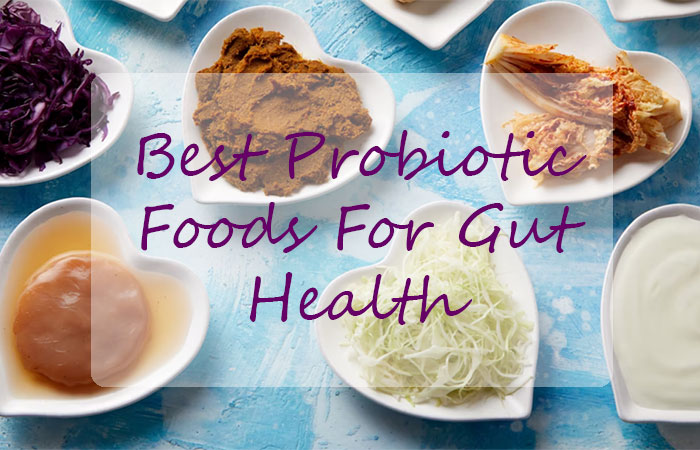
In recent years, the importance of maintaining a healthy gut has gained widespread recognition in the field of nutrition and overall well-being. A balanced gut microbiome is essential for digestive health, a strong immune system, and even mental well-being. Probiotic foods, rich in beneficial live bacteria, can play a significant role in promoting and maintaining a healthy gut. In this article, we will explore the ten best probiotic foods that you can incorporate into your diet to support your gut health.
1. Yogurt
Yogurt is arguably one of the most well-known probiotic-rich foods. It is made by fermenting milk with specific bacterial strains, such as Lactobacillus acidophilus and Bifidobacterium bifidum. These live cultures help maintain a balanced gut microbiome and aid in digestion. When choosing yogurt, opt for plain varieties with no added sugars for maximum probiotic benefits.
2. Kefir
Kefir is a fermented dairy product similar to yogurt but with a thinner consistency. It is made by fermenting milk with kefir grains, which contain a mixture of bacteria and yeast. Kefir provides a broader spectrum of probiotics compared to yogurt and is an excellent source of beneficial bacteria for gut health.
3. Sauerkraut
Sauerkraut is a traditional fermented cabbage dish that originates from Germany. It is rich in live probiotics, particularly the Lactobacillus bacteria. Consuming sauerkraut can help improve digestive health and boost your immune system.
4. Kimchi
Kimchi is a Korean staple made from fermented vegetables, primarily Napa cabbage and Korean radishes. It is packed with probiotics, including Lactobacillus kimchii. Kimchi is not only a flavorful addition to meals but also a fantastic source of gut-friendly bacteria.
5. Miso
Miso is a traditional Japanese seasoning made by fermenting soybeans, barley, or rice with a specific type of mold called koji and salt. It is used to make soups, dressings, and marinades. Miso contains the probiotic strain, Lactobacillus plantarum, which contributes to gut health and provides a savory flavor to dishes.
6. Tempeh
Tempeh is a fermented soybean product that originated in Indonesia. It is rich in probiotics, particularly strains of the fungus Rhizopus. Besides being a good source of probiotics, tempeh is also high in protein and nutrients, making it a valuable addition to vegetarian and vegan diets.
7. Kombucha
Kombucha is a fermented tea beverage that has gained popularity for its potential health benefits. It is produced by fermenting sweet tea with a symbiotic culture of bacteria and yeast (SCOBY). Kombucha is rich in probiotics, vitamins, and antioxidants, and it can be a refreshing way to support gut health.
8. Pickles (Fermented in Brine)
Pickles that are fermented in brine, rather than being made with vinegar, are a good source of probiotics. The lacto-fermentation process used in making these pickles encourages the growth of beneficial bacteria. Be sure to choose pickles that are labeled as "fermented" to reap the probiotic benefits.
9. Traditional Buttermilk
Traditional buttermilk, which is different from cultured buttermilk found in stores, is a byproduct of churning butter from cream. It is a probiotic-rich beverage that is commonly consumed in countries like India. The bacteria in buttermilk help with lactose digestion and contribute to gut health.
10. Natto
Natto is a traditional Japanese dish made from fermented soybeans. It contains the probiotic Bacillus subtilis, which can promote digestive health. Natto is an acquired taste due to its strong flavor and unique texture, but it's worth trying if you're looking to diversify your probiotic intake.
Maintaining a healthy gut is crucial for overall well-being, and incorporating probiotic-rich foods into your diet is an excellent way to support gut health. The ten probiotic foods mentioned in this article offer a variety of options to suit different tastes and dietary preferences. Whether you enjoy yogurt, kimchi, or kombucha, adding these probiotic foods to your meals can help foster a diverse and balanced gut microbiome, which in turn can have a positive impact on your digestion, immune system, and overall health. Remember to consult with a healthcare professional or registered dietitian before making significant dietary changes, especially if you have underlying health conditions or specific dietary restrictions.
Established in 2013, FamilyNeeds.net is connected to your lifestyle and everyday life. Publish reviews of your life, style, fashion and essentials.